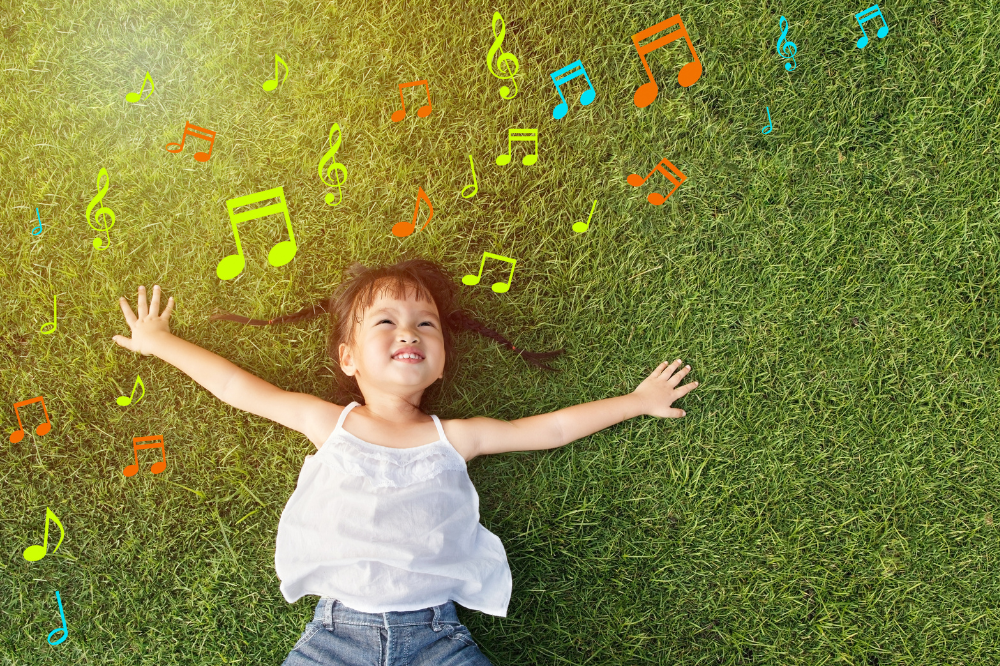
A growing body of research shows play-based learning can confidence, emotional resilience, and communication skills by fostering connection, turn-taking, and self-expression.
Academically, it has been shown to boost problem-solving, memory, and focus, creating a strong foundation for future success.
A recent survey by early learning educators Young Academics found the vast majority (80%) of Australian parents believe childhood education supports long-term academic achievement, while 76% consider early preparation as key to smoother transitions.
However, a significant 72% of parents worry about their child being socially and emotionally ready for a new educational environment, and 42% confirmed their child struggled with the transition to school.
Jenni Gaffney, Director of Operations at Young Academics, said the company embeds the principles of play-based learning into its curriculum, combining play with intentional learning to ensure children are socially and emotionally ready for every new step, and – importantly – setting them up for lifelong success.
“New environments can be exciting yet daunting for children and their parents alike,” Gaffney told The Educator. “Sixty per cent of parents worry about their child’s ability to make friends, 59% are anxious about emotional resilience, and nearly half express concern about adapting to new routines.”
These figures reflect more than statistics, said Gaffney.
“They capture the real emotional landscape families navigate. Confidence, emotional regulation, and social connections are key to a child's success and happiness in any new setting,” she said.
“At Young Academics, we focus on nurturing these foundational skills, ensuring every child feels equipped to thrive in their next chapter.”
Recently, Young Academics enhanced its daily curriculum through an exclusive three-year partnership with The Wiggles. Gaffney said the updated curriculum leverages the power of music to help children become socially and emotionally ready for a new educational environment.
“Music has always been a cornerstone of our curriculum at Young Academics, and our exclusive three-year partnership with The Wiggles takes that to the next level,” she said.
“Together, we’ve developed new, engaging content tailored to the needs identified by our educators and families – content that’s exclusively available to children at our centres and their families for use at home.”
Gaffney said music and movement are “uniquely powerful tools” for building social and emotional skills like turn-taking, sharing, and forming friendships – foundational for feeling socially prepared.
“These activities also enhance listening, memory, and focus, which are vital for developing emotional resilience and adaptability,” she said.
“By integrating these new resources into every aspect of our curriculum, we’re equipping children to feel confident, connected, and ready to embrace new educational environments with ease.”


